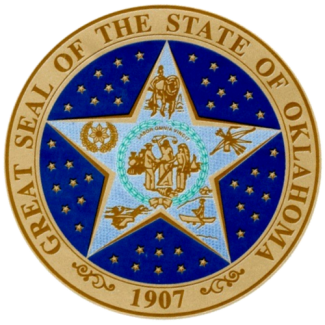Date of Offense
Offense(s)
Reporting Authority
Supporting Document(s)
Statement
Former Oklahoma County District Attorney, David Prater, failed to disclose exculpatory evidence to defense counsel and independent investigators for the Richard Glossip case.
Defense Counsel in the Richard Gossip Case made a written request for discovery on or about January 8, 2021 to then Oklahoma County District Attorney, David Prater. The request was made after DA Prater told defense that he would personally review the file prior to making a decision on whether or not to allow defense access (contrary to Oklahoma's "Open File Policy"). The 2021 letter served as follow up to defense's earlier requests. (See attached 2021 Letter).
District Attorney Prater initially sent a written response declining to turn over any requested materials incorrectly citing enforcement/investigative file privileges and referred us to other governmental agencies. March 10, 2022 Letter from District Attorney David Prater to Reed Smith denying its request for the Glossip case file, declined in its entirety, in part because the District Attorney’s office stated that the records defense and investigators were seeking were available from other agencies, including law enforcement. (See attached 2nd Supplemental Report).
In summer of 2022, DA Prater gave dominion and control of the seven(7) boxes to the then Oklahoma Attorney General, John O'Connor, who also continued to withhold the brady material incorrectly citing a "work product" exemption.
More State Officials connected to the Glossip case, See Also: John O'Connor, Scott Pruitt, Joshua L. Lockett, Jennifer Miller, Jennifer Crabb, Hon. Robert Hudson, Robert H. Macy, Wes Lane, Fern L. Smith, Connie Smothermon, Gary Ackley, Patricia "Pattye" High








![Peace Officer Standards & Training [POST] Departments Peace Officer Standards & Training [POST] Departments](/sites/default/files/styles/large/public/2023-07/Brady.png?itok=xsIFvU8R)
![Organizations [Law Enforcement et al.] Organizations [Law Enforcement et al.]](/sites/default/files/styles/large/public/2023-07/Brady%20%282%29.png?itok=H7Pj15F8)

